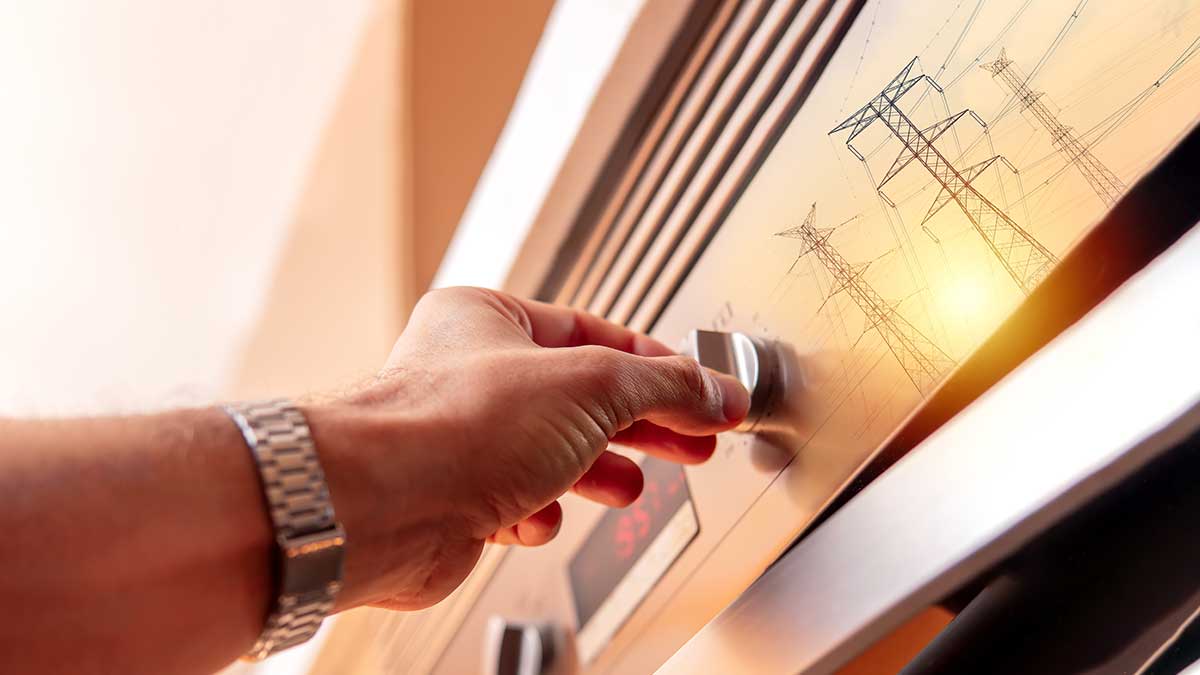There hasn’t been much in the way of good news for renters lately, but that could soon change. A radical plan proposed by independent MPs and senators could save tenants as much as $1594 a year, if adopted.
The proposal centres around offering tax concessions to landlords who switch appliances at tenants’ houses to electricity. It would cost the government an estimated $50 million but would provide some relief for struggling renters.
It would be particularly welcome relief, with the latest figures showing rents continuing to rise. According to data released last week, the national median of advertised rents rose 3.8 per cent in the September quarter. The rise in unit prices, was slightly higher at 4 per cent.
How will the electricity tax concession plan work?
In a letter to the federal energy minister and federal treasurer, 10 independents are calling for two new policies. The first involves a tax incentive for landlords to swap out gas appliances and replace them with more efficient electrical alternatives.
According to the group, headed by Allegra Spender, their proposal has already been costed by the Parliamentary Budget Office. It would allow landlords to instantly write off the cost of replacing gas appliances with more efficient electrical alternatives. This measure, the group says, would produce a 23 per cent increase in rental properties switching from gas to electric.
The savings for landlords, which could be passed on (in part at least) to renters, would be significant. For example a new heat pump would save $422 over five years, and an induction cooktop $189. Over the same period, a reverse-cycle space heating unit purchase would save between $293 and $1422.
The independents say their proposals accord with those of the Grattan Institute. “This was a key recommendation of the Grattan Institute’s 2023 Getting Off Gas report,” the letter says. It also has “support from community stakeholders including Better Renting”.
What’s in it for the renters?
Renters of houses and units whose landlords take advantage of the tax concession would likely benefit from significantly reduced energy bills.
Use of the new appliances would reduce energy bills by between $514 and $1594 per year. Which end of that range would depend on the appliances purchased and the renter’s state or territory.
Of course the switch from gas to electricity will also produce environmental benefits. Australia’s five million houses with gas connections account for about 17 per cent of the fossil fuel consumed each year.
Ms Spender said the independents’ proposal was central to dealing with the nation’s cost of living and climate problems. “For too long, government policy has neglected renters and people living in apartments,” she said.
These are the people, “being hit hardest by the current cost of living crisis and face the highest barriers to accessing cheaper renewable energy.”
The letter also calls for a ‘tax simplification’ to make it easier for people in apartments to access rooftop solar.
The federal government has committed to cut Australia’s emissions by 43 per cent by 2030 and to reach net zero by 2050. Most Australians would welcome attaining those targets. Renters especially would welcome anything that helps ease the cost of living.
Are you a landlord or renter? What do you think of the proposal from the independents? Let us know via the comments section below.
Also read: Customers paid the price as watchdog catches out energy giant


Can somebody please explain how when electricity is increasingly being produced from burning gas at a 50% efficiency ratio, so two kW of gas used to produce one kW of electricity, the result is electricity cheaper than gas and less polluting?
It seems to me that this is a scheme between the government and energy companies to herd everyone onto electricity so they have no choice but to pay their increasing prices. Don’t believe it? Why won’t the government release the agreement papers for the last 22% increase in electricity introduced at the time that world energy prices were starting to reduce?
That might be OK but, with the price of electricity charging up at 200 mph I don’t see any relief for the consumers. Just the power companies and landlords will benefit.
What about upgrading very old reverse cycle in-wall air conditioners to more efficient split systems, exchanging very old electric stoves with more efficient newer one, and getting rid of in-roof on-demand hot water systems?
How about providing more incentives for landlords with the installation of solar panels.